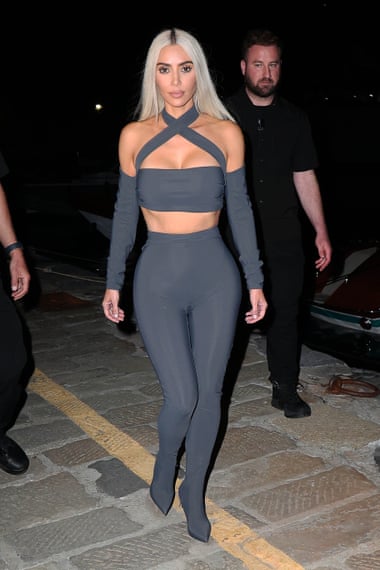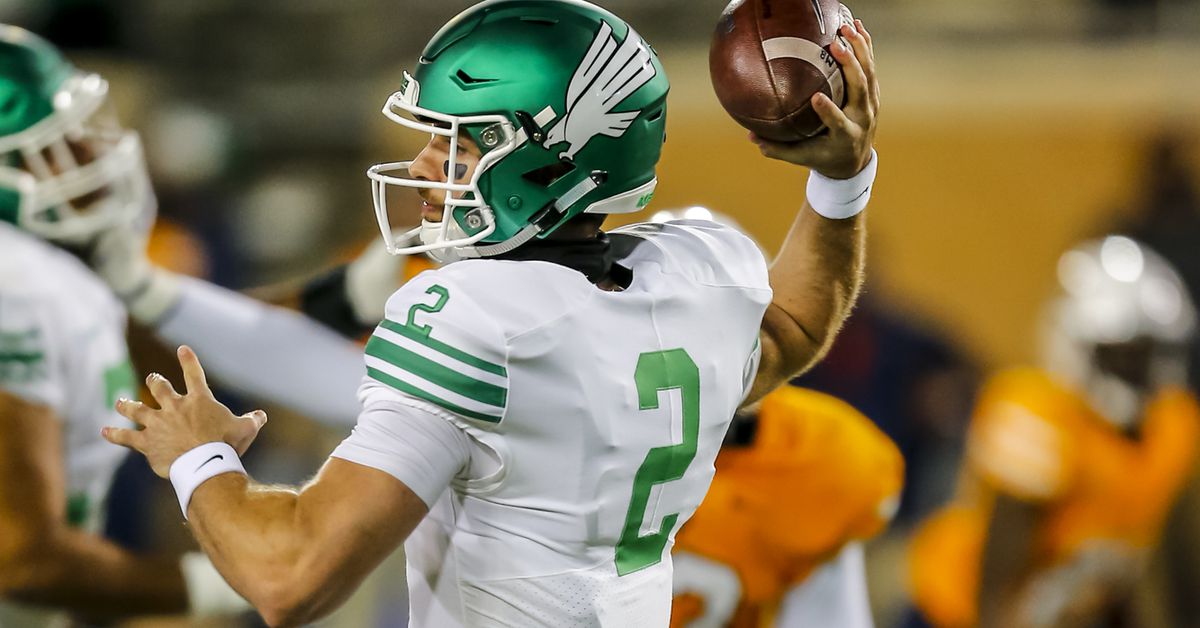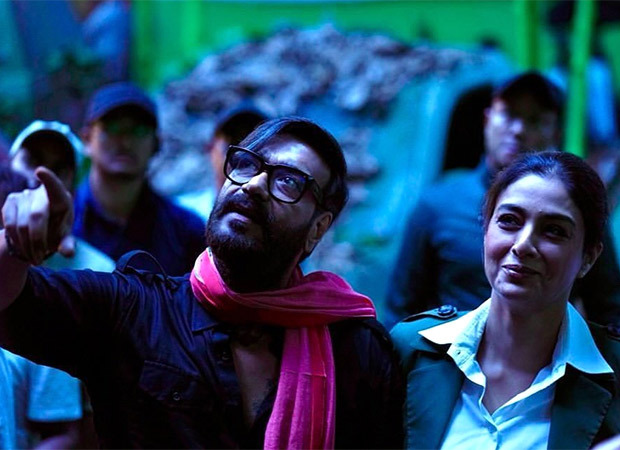Celebrities tap into secondhand clothes trend by selling on pre-loved sites | Vintage fashion
[ad_1]
Would you buy a pair of Christian Dior trainers previously worn by Lily Allen? What about a playsuit sported by Olivia Rodrigo or cropped jeans from Maisie Williams?
The chance to buy clothes directly from a celebrity has become a new shopping option, thanks to a slew of famous names teaming up with websites that sell secondhand clothes.

The celebrity stylist Harry Lambert, who counts Harry Styles and actor Emma Corrin as clients, launched his first personal store on pre-loved clothes website Depop last week. In the same week, the US resale site ThredUp unveiled its latest partnership starring Stranger Things actor Priah Ferguson. Created to discourage Gen Z from buying fast fashion, it offers a “confessional hotline” where users will hear advice directly from Ferguson on how to make smarter choices. They can also shop from a curated edit of secondhand pieces chosen by the actor.
Elsewhere, the Love Island finalist Tasha Ghouri has recently been named as eBay’s first ever “pre-loved ambassador”. This marks the first non-fast fashion brand partnership to come out of the cult TV series.
Items from Lambert’s wardrobe clearout included a yellow Prada tote bag (£1,000), a black hoodie (£140) from cult London streetwear brand Liam Hodges, and a bespoke T-shirt (£90) made for Big Little Lies star Alexander Skarsgård for a magazine shoot. Within hours, most of the items had sold. “The first piece to sell was the Harry Styles cover of Beauty Papers. It is an authentic and limited-edition biannual magazine, so a very rare collectors’ item. I’m not surprised it was snapped up pretty quickly,” Lambert says.
Celebrity collaborations with brands aren’t new, but this latest crop marks a notable change in the types of partnerships stars are willing to promote. A-listers are quickly starting to associate themselves with the resale market.

“They can see the backlash against fast fashion so they want to align themselves with the tidal wave of where the next generation of consumers want to spend their time and money,” says Alex Goat, CEO of youth culture specialist Livity. “It is circular, in a way. Celebrities have followers in their own right but they are also gaining more influence by being on these resale platforms.”
For younger shoppers, the combination of celebrity plus resale is a winning one. “It’s like borrowing a piece of memorabilia from the Hard Rock Cafe,” explains Dr Carolyn Mair, a behavioural psychologist. “As a fan, to get an item of clothing a celebrity has owned is the closest thing to touching their body.”
In 2019, when the Kardashian family launched the Kardashian Kloset, a dedicated online space to sell their worn clothing, they immediately drew criticism for being greedy. Kim’s net worth alone is an estimated $1.4bn. Just two years later, it’s no longer taboo. Goat says this is because it makes celebrities feel more relatable – they are just like the sites’ own users who buy and sell items. “Before, it may have been seen as desperation, whereas nowadays it’s like ‘cool, just like me, they are part of the circular fashion discussion’.”
Not all celebrities choose to profit from selling their used wares. Lambert decided to give all proceeds of his Depop sales to the LGBTQ+ charity Mermaids. Past collaborators, including singers Rodrigo and Charli XCX, have given all profits to charity too.
Goat adds that this appeals to the Gen Z sense of authenticity.
Olivia Courtney, a 19-year-old marketing trainee from Newcastle, follows Lambert on social media because of his association with Styles. As soon as his store went live, she bought a £15 tote bag emblazoned with the word “Pleasing” from Styles’s official brand.
“It feels cool to say I bought something from Harry Lambert. I asked if he could write me a small message in it. Knowing that he works with Harry makes it feel more special somehow.”
[ad_2]
Source link


